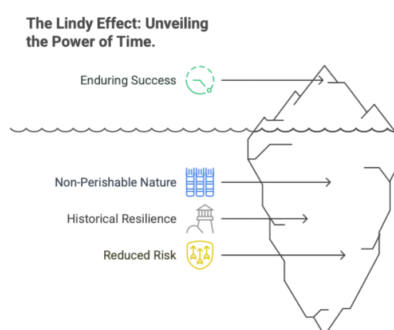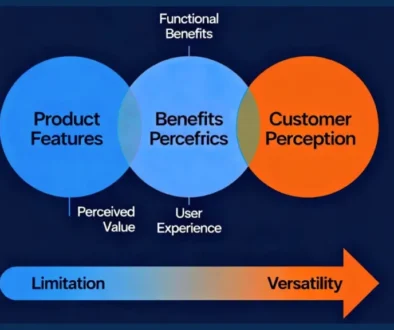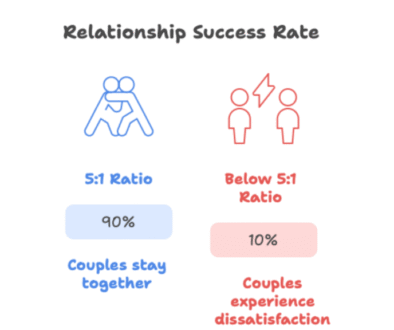The 10-10-10 Rule: How to Make Smarter Decisions by Thinking Long-Term
Every day, we make choices—some small, some life-changing. But how often do we pause and consider their long-term consequences?
The 10-10-10 Rule, popularized by author Suzy Welch, is a simple but powerful framework to evaluate decisions based on their impact over time. It forces you to think beyond immediate emotions and short-term gains.
In this blog, we’ll explore:
✔ What the 10-10-10 Rule is (with real-life examples)
✔ Why it helps avoid impulsive, regretful decisions
✔ How to apply it in career, relationships, and finances
✔ Common pitfalls and how to overcome them
What Is the 10-10-10 Rule?
The rule asks three key questions before making a decision:
-
How will I feel about this in 10 minutes? (Short-term impact)
-
How will I feel about this in 10 months? (Medium-term impact)
-
How will I feel about this in 10 years? (Long-term impact)
This shifts your focus from instant gratification to long-term consequences.
Example Scenarios:
💰 Financial Decision: Should I splurge on an expensive gadget?
-
10 minutes: Excited!
-
10 months: Regretful—could’ve invested that money.
-
10 years: Irrelevant, but habit of impulse spending hurts financial health.
💔 Relationship Decision: Should I send that angry text?
-
10 minutes: Satisfying.
-
10 months: Embarrassed or regretful.
-
10 years: Might have saved a friendship with patience.
Why the 10-10-10 Rule Works
1. Counters Present Bias
Humans are wired to overvalue short-term rewards (e.g., junk food, procrastination). 10-10-10 forces perspective.
2. Reduces Emotional Decision-Making
Anger, FOMO, or excitement fade—consequences don’t.
3. Aligns Choices with Long-Term Goals
Great for career moves, investments, and health habits.
How to Apply the 10-10-10 Rule
1. Career Decisions
❌ Short-term thinking: Taking a high-paying job you hate.
✅ 10-10-10: Will this job drain me in 10 months? Will it matter in 10 years?
2. Financial Choices
❌ Buying a luxury car on loan feels great now but creates debt stress later.
✅ Investing that money may seem boring today but compounds over decades.
3. Relationships
❌ Avoiding a difficult conversation feels easier now but breeds resentment.
✅ Addressing issues early prevents long-term damage.
Limitations & How to Avoid Mistakes
⚠ Not Everything Fits Neatly – Some decisions (e.g., medical emergencies) need instant action.
⚠ Overthinking Paralysis – Use 10-10-10 for big decisions, not what to eat for lunch.
⚠ Predicting the Future Is Hard – Stay flexible; reassess if circumstances change.
Real-Life Success Stories
✅ Warren Buffett’s Investing – He buys stocks asking, “Will this company thrive in 10+ years?”
✅ Elon Musk’s Long-Term Bets – Tesla and SpaceX were ridiculed early but built for decades.
Final Thought: Pause Before You Decide
The 10-10-10 Rule doesn’t make decisions for you—it ensures you’re consciously choosing rather than reacting.
Next time you face a tough call, ask:
“Will this matter in 10 years, or am I just acting on impulse?”
As Suzy Welch says:
“The best decisions are made when time is your ally, not your enemy.”



